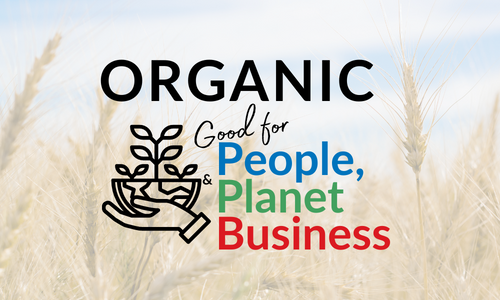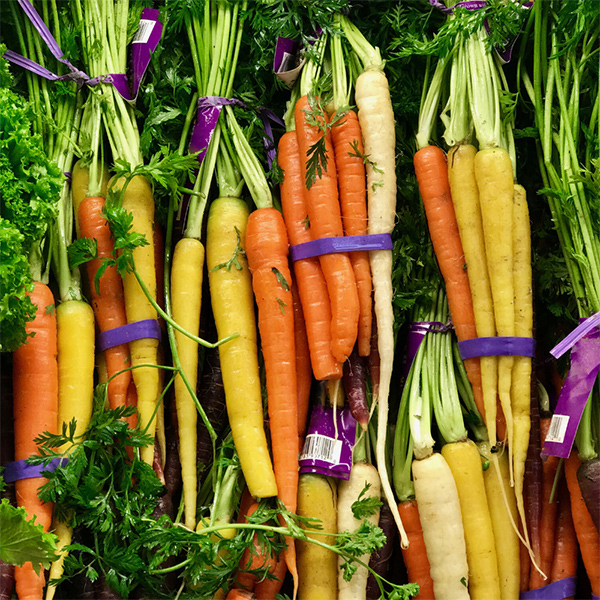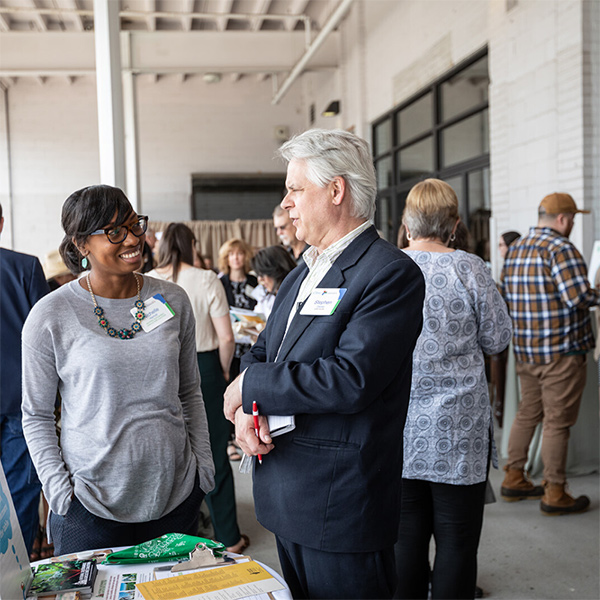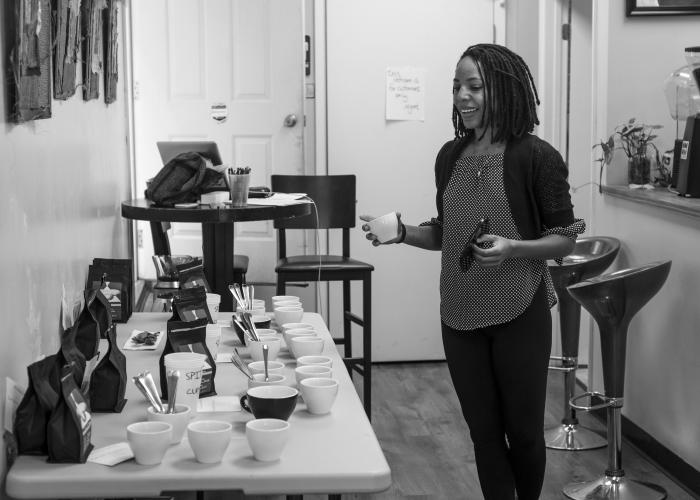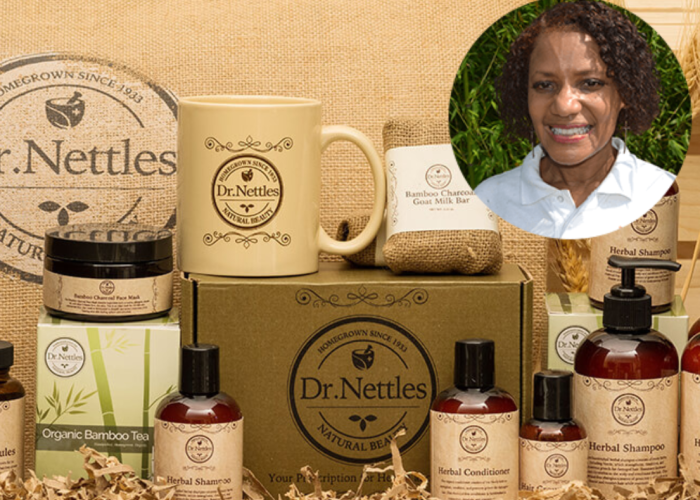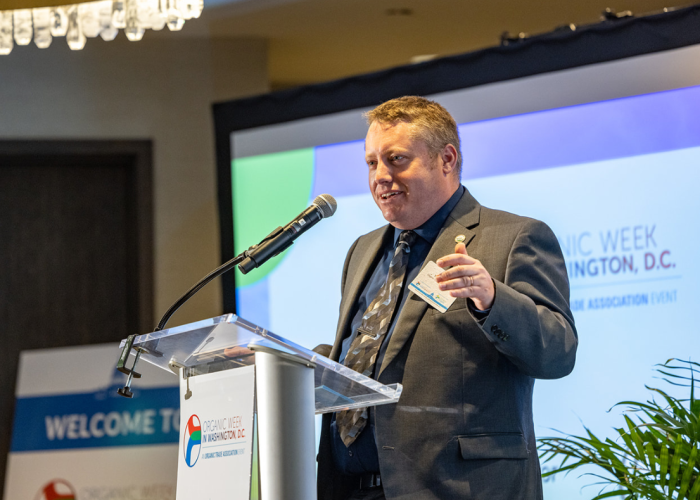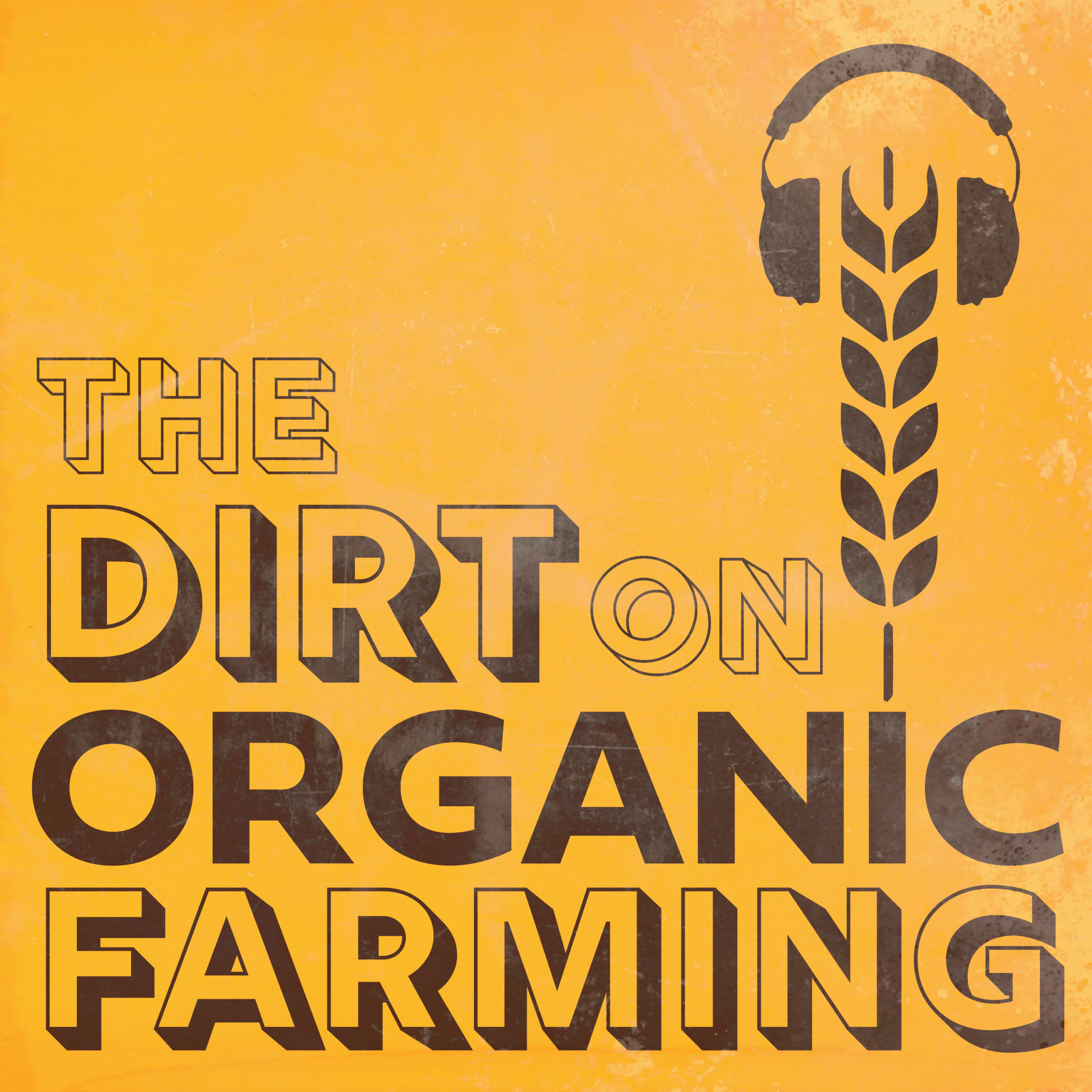
Over the years, I have been asked some really tough questions about organic farming. Whether it’s from my uncle at Thanksgiving who fears that organic can never produce high enough yields or from my neighbor farmer down the road who just can’t understand why organic farmers could be comfortable tilling the soil. My life is full of friends and family who look at my career in organic with puzzlement. Where I see abundance, health, and profits, they see potential pitfalls and missed opportunities.
My colleagues and I at the Organic Agronomy Training Service (OATS) are working to bring better access to technical assistance for organic and transitional farmers. One path we are taking is to cross-train conventional agronomists and Certified Crop Advisors in organic production methods. Many of the agricultural professionals we are working with share the same criticisms of organic agriculture that I hear from my conventional farming friends and family. They ask me tough, well-reasoned questions that deserve thorough and honest answers.
- With the widespread use of tillage to control weeds, will organics create another dust bowl?
- Why does organic farming turn its back on scientific advancements like synthetic fertilizers, herbicides, and genetic engineering?
- Is organic anti-science?
- Organic yields drag far behind conventional, can organic ever hope to feed the continually growing world population?
- Is it even possible to get through transition without losing a bunch of money?
So, my colleague Nate Powell-Palm and I decided to get curious. We hit the road (so to speak) and gathered up the six most common and hard-hitting criticisms of organic that we could find. Then, we set about answering them in the form of a podcast. “The Dirt on Organic Farming” explores these criticisms and offers honest and fair answers that are driven both by data and real-world experience. We interviewed 20 farmers, researchers, economists, and policy experts to gain a thorough set of viewpoints on each question.
What we found are farmers and researchers who have looked deeply at the problems in agriculture and set about to find solutions. Organic is an industry full of innovators who are taking the power of scientific inquiry and putting it to use in a way that enacts their personal set of values. Vince Jaeger, an organic farmer from Fairfield, IA, put it like this in Episode 1: “Well, I love it. It’s changing so fast. The stuff that [organic farmers are] doing this year compared to what we could have done five years ago, it’s unbelievable. The advancement is there. It’s not just a lab where we’re trying to fix the problem that we created when we fixed the last problem. We’re actually coming up with solutions and we’re moving forward.”
It is not just a love of innovation that draws farmers into organic agriculture. The economic opportunity provided by the organic premium and the cost savings provided by organic practices are keeping farmers in business. Bryce Irlbeck, an organic farmer and consultant with AgriSecure in Manning, IA, put it this way in Episode 3: “At the end of the day, when our family looked at our bottom line and what kind of business we were able to have, and what kind of conservation we were able to do, [conventional farming] wasn’t actually making our farm that much better. We’re seeing a path forward to bring the next generation on the farm that we just weren’t seeing five years ago. It seemed like the farm was going to die. It doesn’t seem like that now.”
The podcast spans five hours of information-rich content. Through these interviews, it is clear that organic has so much to offer the farmer, the environment, and the economy. But it is not without its challenges. Yields, plant breeding, and fertility management need more dedicated research efforts. One thing is abundantly clear: working through these challenges is a joy when you feel good about what you are doing. Randy Hughes, an organic farmer in Janesville, WI, shared how he feels in Episode 2: “When you’re organic farming, it feels like you’re working with Mother Nature instead of trying to beat her at your own game. It’s just this most wonderful feeling… You feel really good about what you are doing for the environment.”
Also, check out these upcoming programs from OATS by visiting www.organicagronomy.org:
- The Organic Field Crop Course: This online/in-person hybrid course for organic advisors lets you learn organic production practices and consulting at your own pace. The course launches in July 2022.
- Organic Advisor Listserv: Connect with fellow organic advisors in this first-of-its-kind listserv focused on the topics and issues most important to your work. Ask questions and get the answers right in your email inbox.
- Organic Advisor Call Series: Monthly Zoom discussions and Q&A with farmers and experts. Facilitated by Nate Powell-Palm.
- Custom training for companies and groups: We offer private, dedicated training in organic production practices to company employees, co-op members, and small groups.
Sponsor acknowledgment
OATS is a programmatically independent consortium that is fiscally sponsored by the Organic Trade Association. OTA serves as an anchor funder for OATS through its industry-invested GRO Organic research, promotion, and education program. Thank you to top donors General Mills, Clif Bar, Stonyfield, King Arthur Baking Co., and Organic Valley.
This article was originally published in the Spring 2022 Organic Report, you can view the full magazine here.

